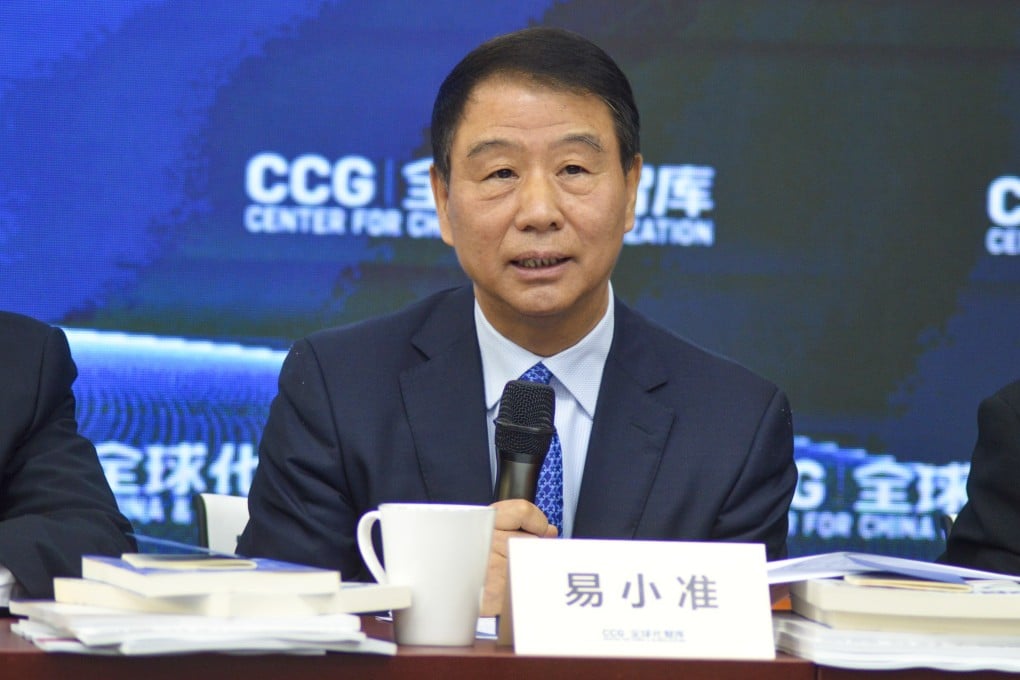China’s WTO reform aspirations take centre stage at globalisation seminar
- The future of multilateral trade is at a crossroads, and the World Trade Organization’s new chief says changes are coming to the trade body
- Former highly placed trade authorities say China must be wary of ‘a small circle with geopolitical considerations’, while guarding against protectionism

China should seize the window of opportunity to rebuild the World Trade Organization’s authority in the global trade system while also being mindful of “a small circle” of nations pursuing unilateralism and protectionism, a senior trade adviser said on Friday.
“The direction should be trade liberalisation and facilitation,” said Yi Xiaozhun, elaborating on the Chinese principle of reforming the WTO after stepping down as deputy director general of the trade body last month.
“But we should stay alert to the intention [of some countries] to spread trade protectionism, and [we must] prevent globalisation from being driven backward,” he said at a seminar hosted by the Centre for China and Globalisation, a Beijing-based think tank.
He did not mention the United States or other countries by name, but the China-US trade war has largely paralysed the WTO’s multilateral trade endeavours since 2018.